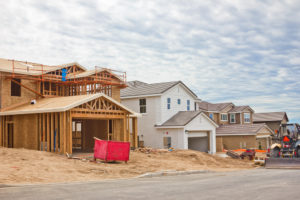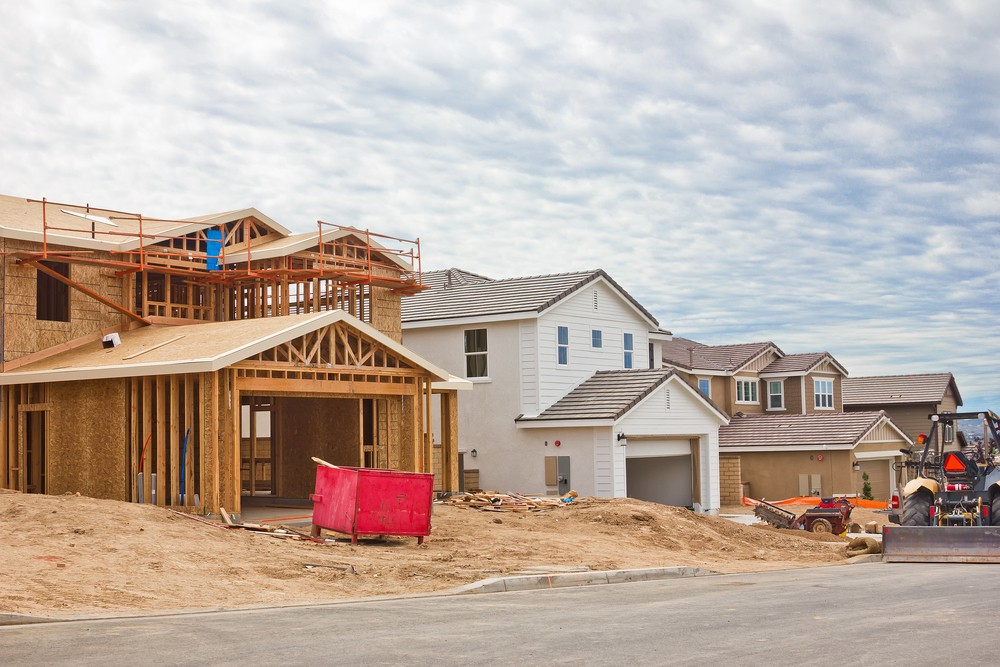
An Arkansas Pre-Construction Notice to Owner is an important requirement to remember when working on a residential project within the state. This serves to inform owners of these types of properties about the possibility of mechanics liens and the steps necessary to avoid them. Failure to provide this pre-construction notice can entail some serious consequences. Let’s take a look at all of the rules and requirements for an Arkansas Pre-Construction Notice to Owner.
Arkansas Pre-Construction Notice to Owner
Anyone working in Arkansas should be aware of the rules and requirements surrounding these types of preliminary notices, in addition to the traditional preliminary notices and Notices of Intent to Lien requirements as well. Failure to provide these notices can not only result in the loss of mechanics lien rights, other legal rights, and can result in some steep statutory penalties as well.
On top of all that, even if not required, you should send a preliminary notice on every job. They are a great way to increase visibility on a project and opens the channels of communication. Depending on the size of the project, the owner or GC may not even know that you are on the job. By sending a preliminary notice, you are informing them of who you are, and what you are providing to the project.
Pre-Construction Notice to Owner requirements
This type of Arkansas preliminary notice is required on every residential project of 4 units or less. The rationale behind this requirement is that owners who construct or improve this type of property generally do not possess the same level of knowledge and awareness of their rights and responsibilities. Therefore, a notice is required to inform them of the potential of a mechanics lien and ways to protect themselves against them.
Download a free Arkansas Pre-Construction Notice to Owner form
Who needs to send a Pre-Construction Notice to Owner?
Prime contractors must send this notice to the owner before any work begins on the project. It is the prime contractor’s responsibility to send this notice on behalf of all potential lien claimants. If the prime contractor fails to provide this notice before work begins it can come with some serious penalties. First and foremost, the contractor will lose their mechanics lien rights. That merely scratches the surface.
Not only do they lose their ability to file a mechanics lien, but they also will be barred from bringing any action (legal or in equity) to enforce any contract provision. On top of all that, failure to provide the notice is also a violation of the statute that is punishable by a fine up to $1,000. If you are a prime contractor on this type of project, do not forget to send this notice!
Subs, suppliers, and any other lower-tiered project participants may also send this notice to the owner. This is a particularly unique aspect of Arkansas preliminary notices. The reason we say “may” is twofold. One, because the general contractor’s notice is sufficient to cover all potential lien claimants; and two, if not, any lower-tier participant can send this notice. If sent by a lower-tier party it will still preserve lien rights for everyone on the project.
If this notice is sent after the commencement of work, it will only preserve lien rights for labor or materials provided after the day the notice is received. Also, if no one sends it, then no one will have lien rights. Best practice, always send a Pre-Construction Notice, don’t rely on other subs or suppliers to do so.
What information does a Pre-Construction Notice to Owner need to include?
This is a fairly simple document. This form only needs the most basic information along with the statutory notice language found in A.C.A. §18-44-115(a)(7), which needs to be in all caps and boldface type. Just provide the property address, the date, and the notifying party’s information. That’s it. These notices also include a signature line for the owner to sign, confirming they received the notice. However, the signature of the owner may not be required; depending on how the notice is sent.
How to send a Pre-Construction Notice to Owner?
Under Arkansas law, serving this type of notice on a property owner can be achieved through either personal service or certified mail with return receipt requested. If the notice is delivered by personal service, then the owner’s signature is required. On the other hand, if you send the notice through certified mail, then the owner’s signature isn’t required.
Exceptions to the Pre-Construction Notice requirement
There are two notable exceptions to Pre-Construction notice requirements. The first one is fairly straightforward; if the contractor supplies a performance and payment bond, they are not required to send a notice.
The second exception, known as the direct-sale exception, is a bit more complicated. The statute states that if the transaction is a direct sale to the property owner, then lien rights are not conditioned on the sending of a pre-construction notice. A direct sale means selling materials or services directly to a property owner. Which sounds an awful lot like a prime/direct contractor; who, under the statute, are explicitly required to send this notice.
The Arkansas courts struggled with this for a while, until the legislature amended the statute to add more clarity. The exception only applies to if the contractor is not a “home improvement or residential contractor.” This is defined as any person or company that submits bids, undertakes, or is in a supervisory or managerial position on the building or improvement of residential properties of 4 or fewer units. It appears from this updated language that the direct-sale may only apply to specialty trade contractors or material suppliers.
In any case, until this is made crystal-clear by the courts, there’s no reason to not send a Pre-Construction Notice. They are simple, easy, and provide more benefits than just securing mechanics lien rights.
Additional resources
- Arkansas Preliminary Notice Overview & FAQs
- Arkansas Notices: Preliminary? Notice of Intent? Both?
- Ask an Arkansas Construction Payment Question in our Expert Center




